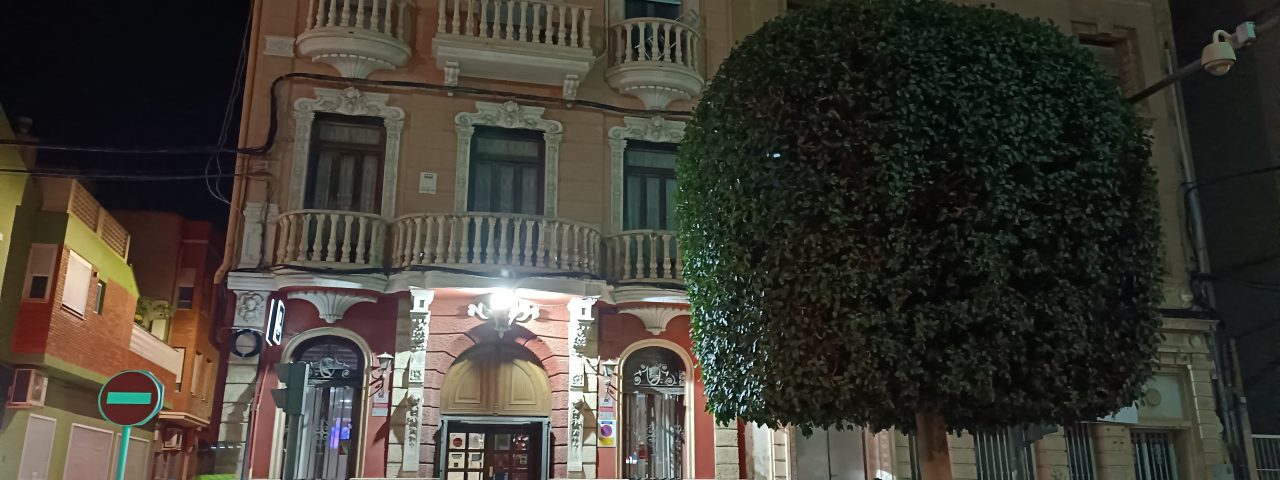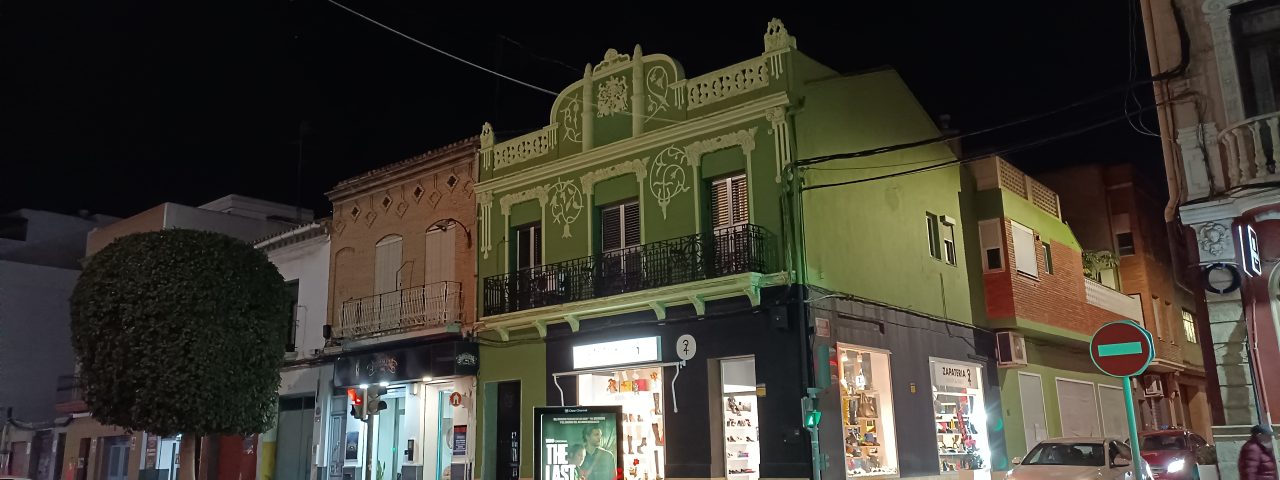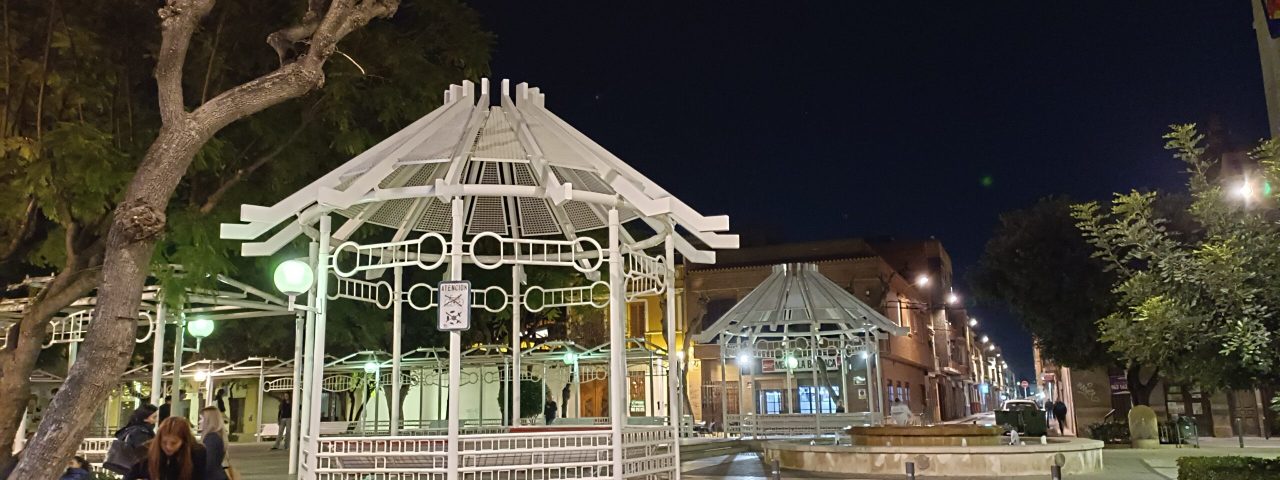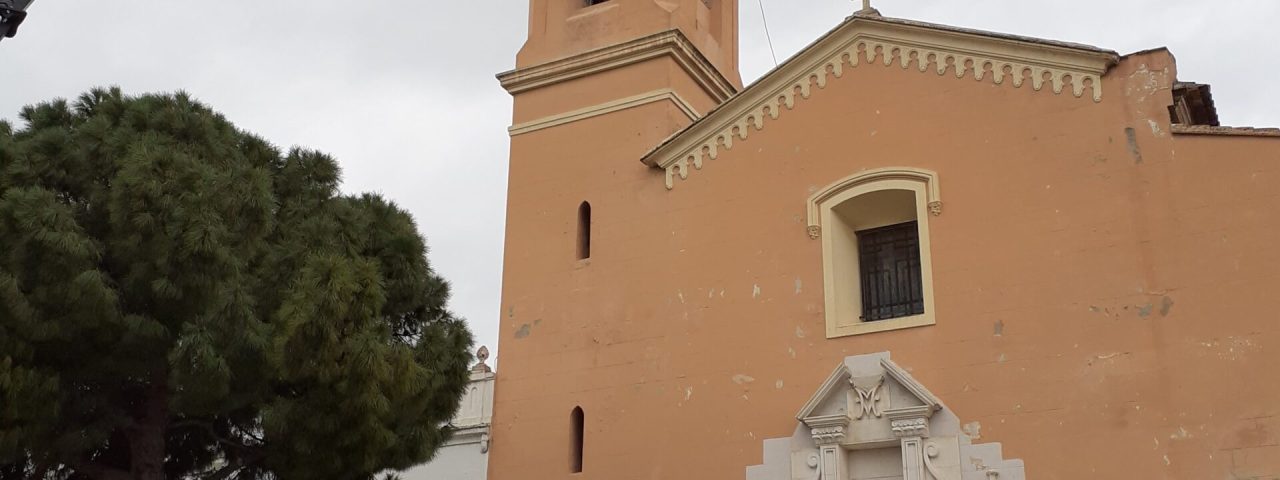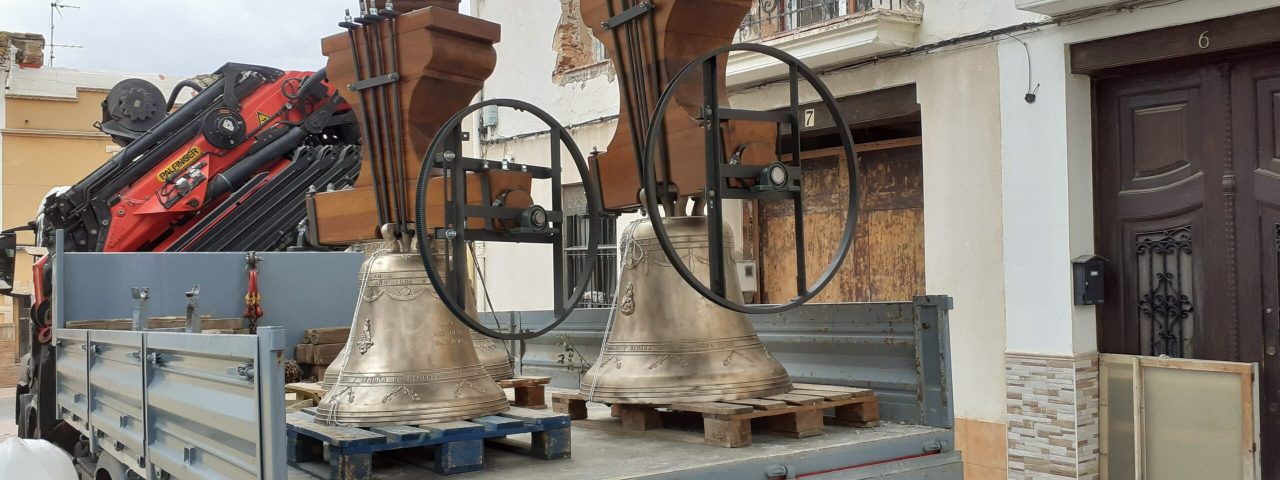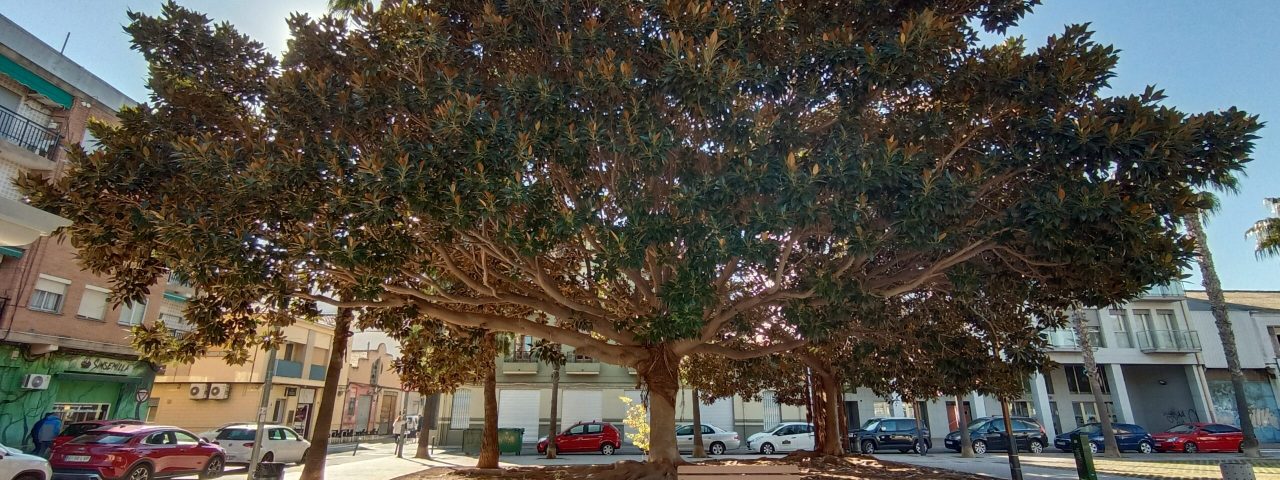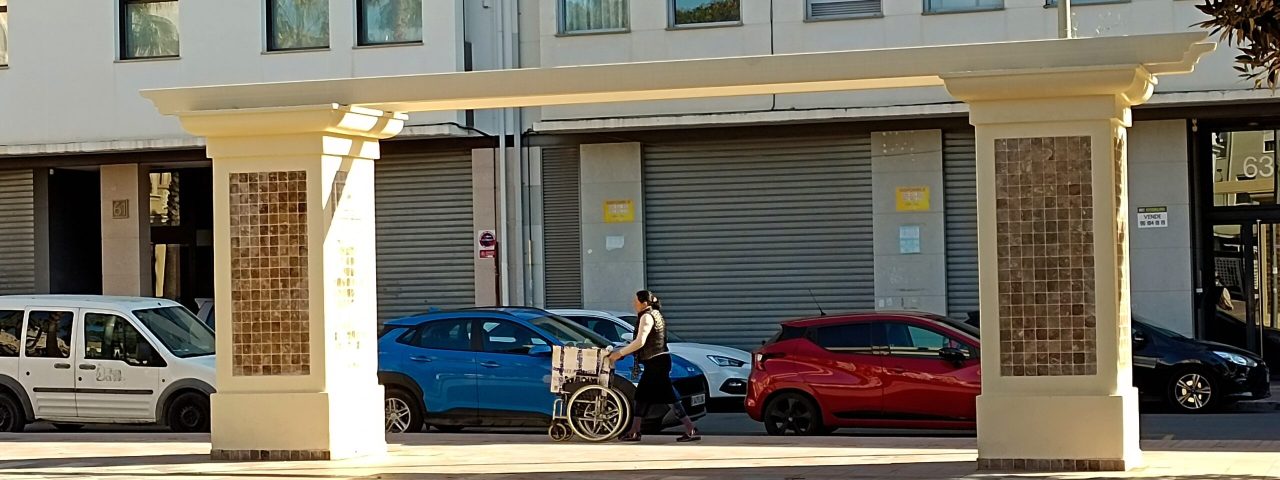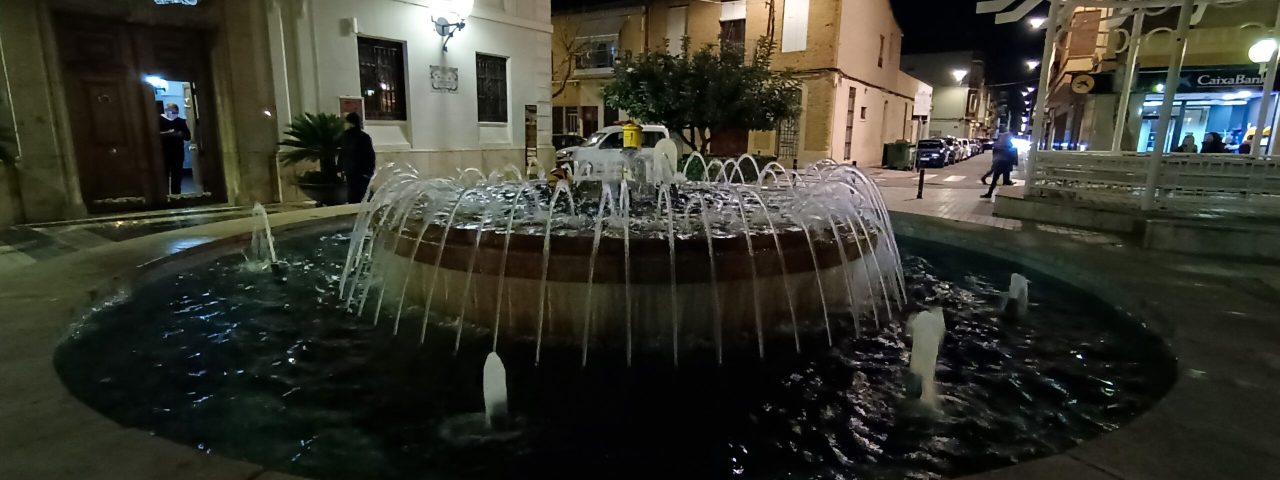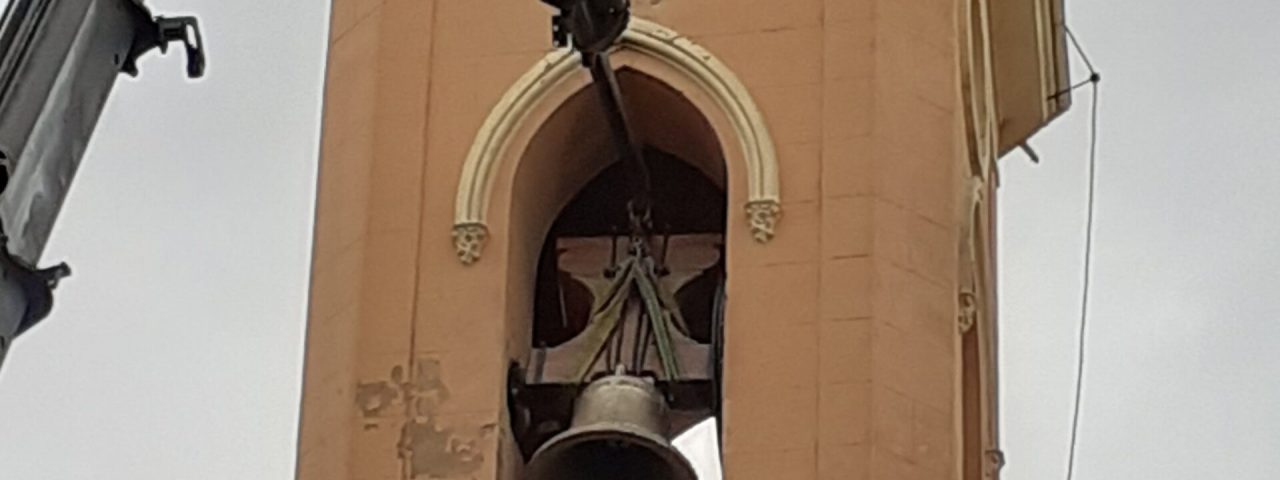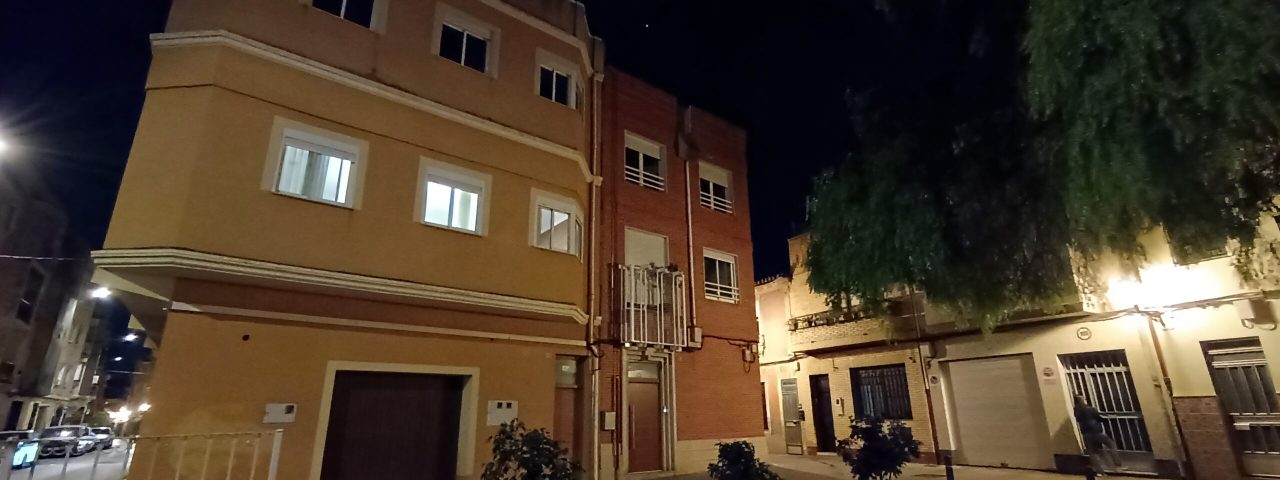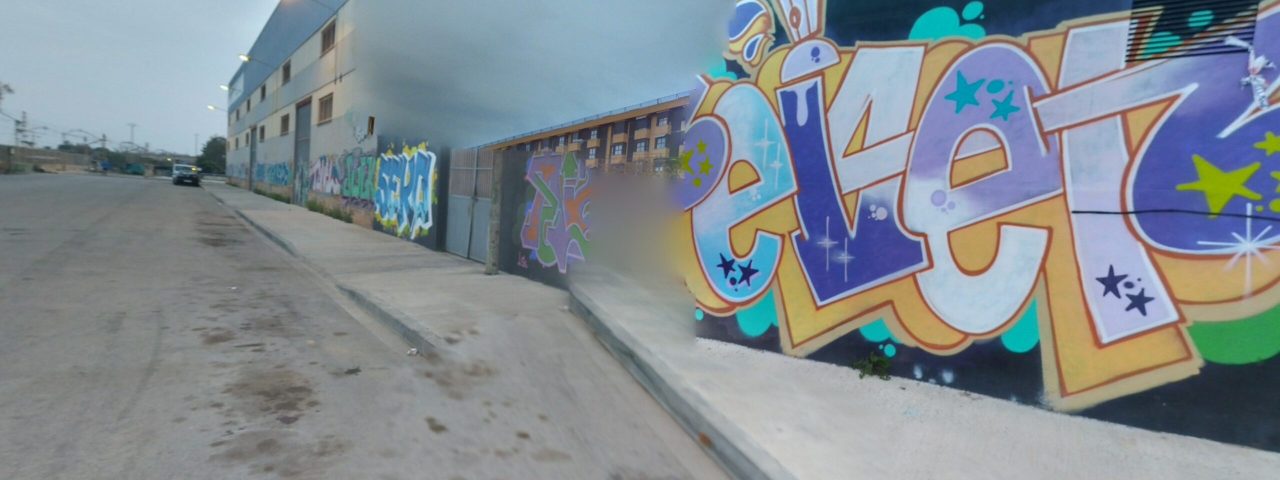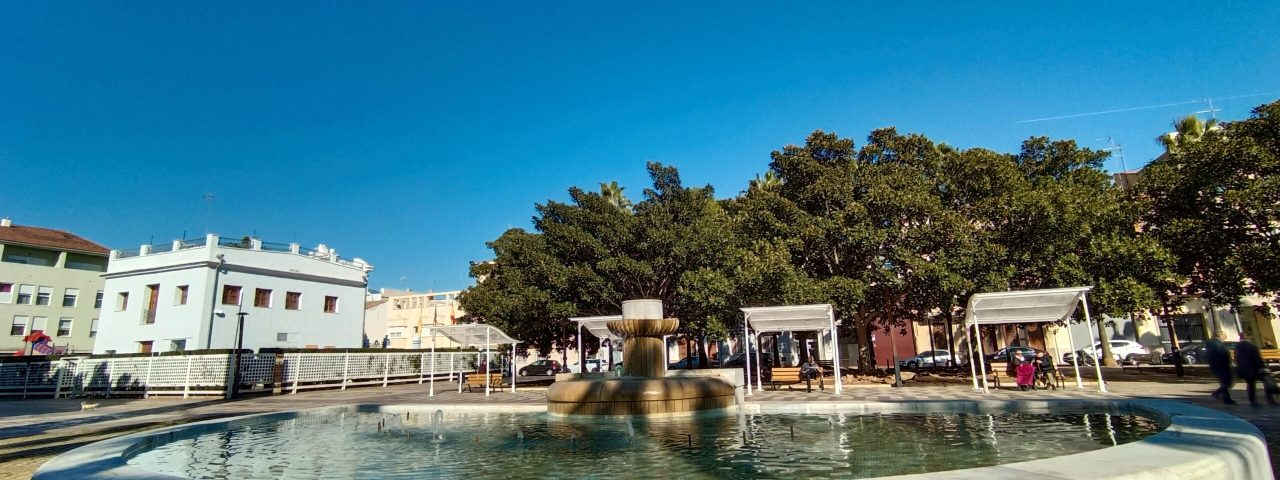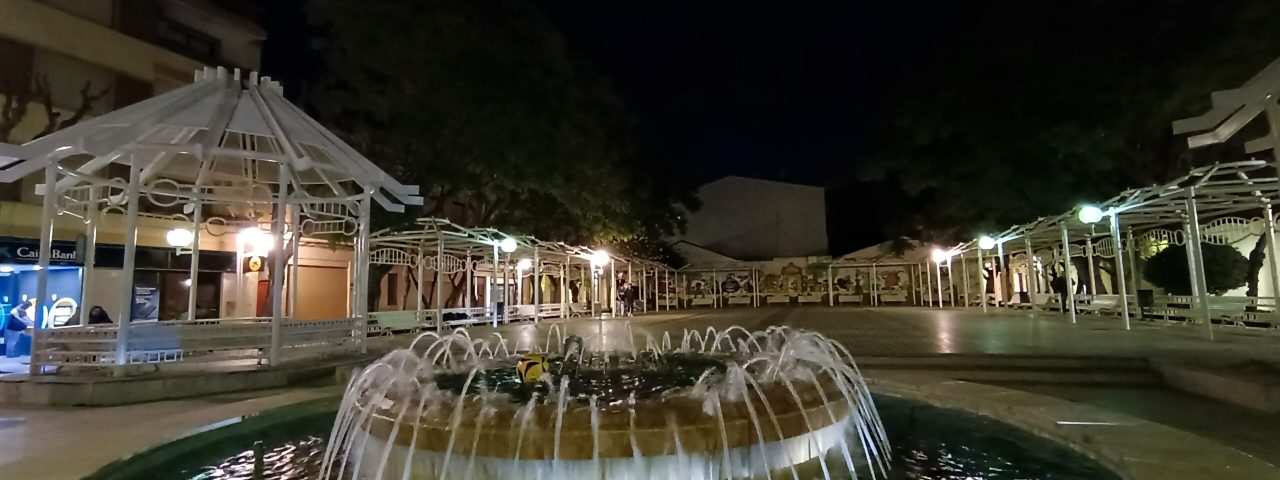Benetúser has a long and rich history that reflects the various cultures that have passed through the Iberian Peninsula. Like much of the Valencian region, Benetúser was heavily influenced by the Romans, who first established settlements in the area, followed by the Moors, who introduced new agricultural practices and architectural styles. After the Christian Reconquista in the 13th century, Benetúser became part of the Kingdom of Valencia, and many of its historical structures date back to this period.
The city is known for preserving its traditional festivals and customs. One of the most notable cultural events is the annual Fallas festival, which takes place in nearby Valencia but is celebrated with equal enthusiasm in Benetúser. The festival involves intricate, large-scale sculptures made of paper-mâché that are eventually burned in a fiery finale. The Semana Santa (Holy Week) processions are another significant event, drawing both locals and visitors for religious and cultural celebrations.
Benetúser also has a strong sense of community, with numerous local festivals celebrating the town’s patron saints and other religious and cultural traditions. The city’s close connection to its agricultural past is reflected in events that celebrate the harvest, food, and local craftsmanship.
